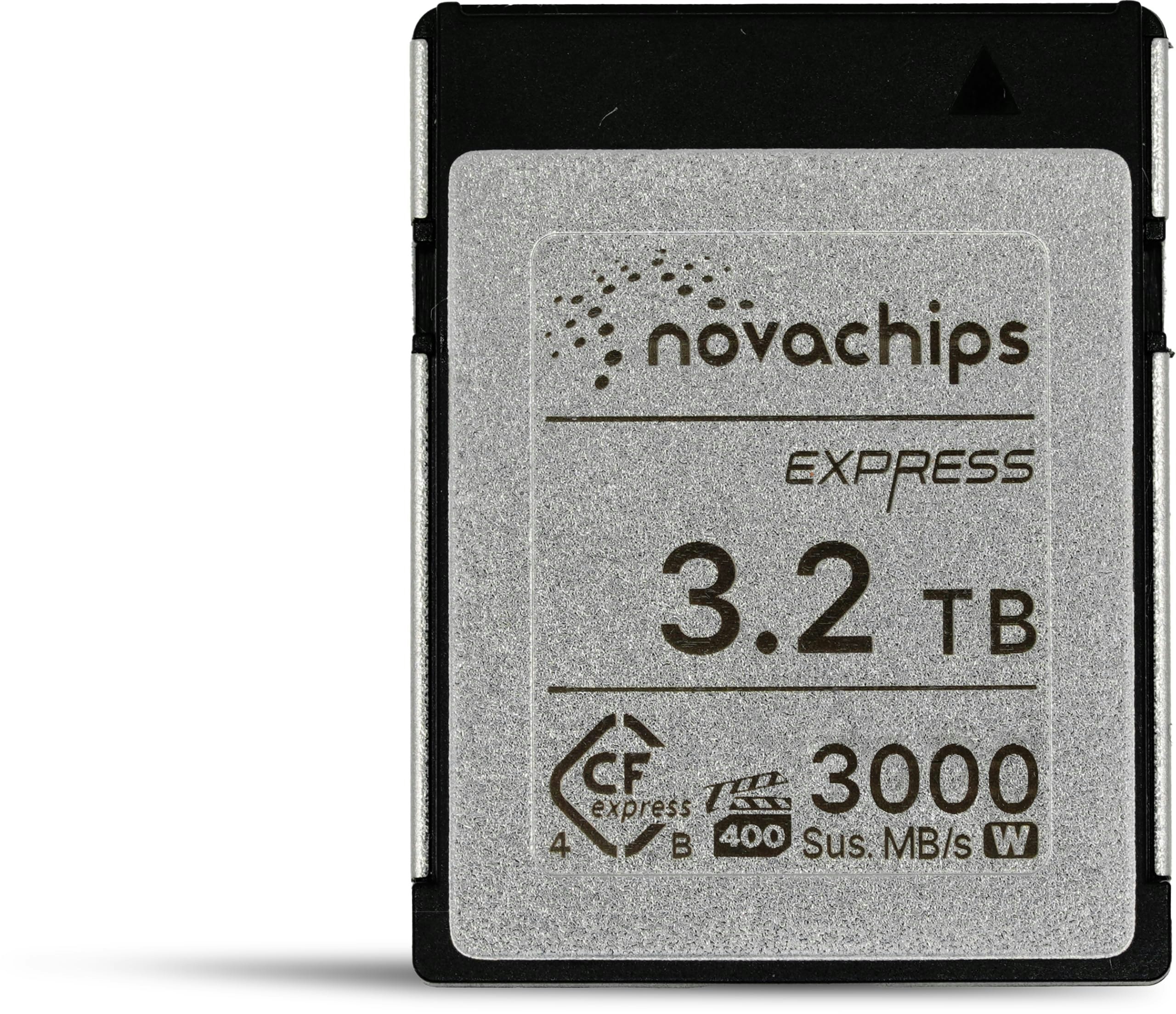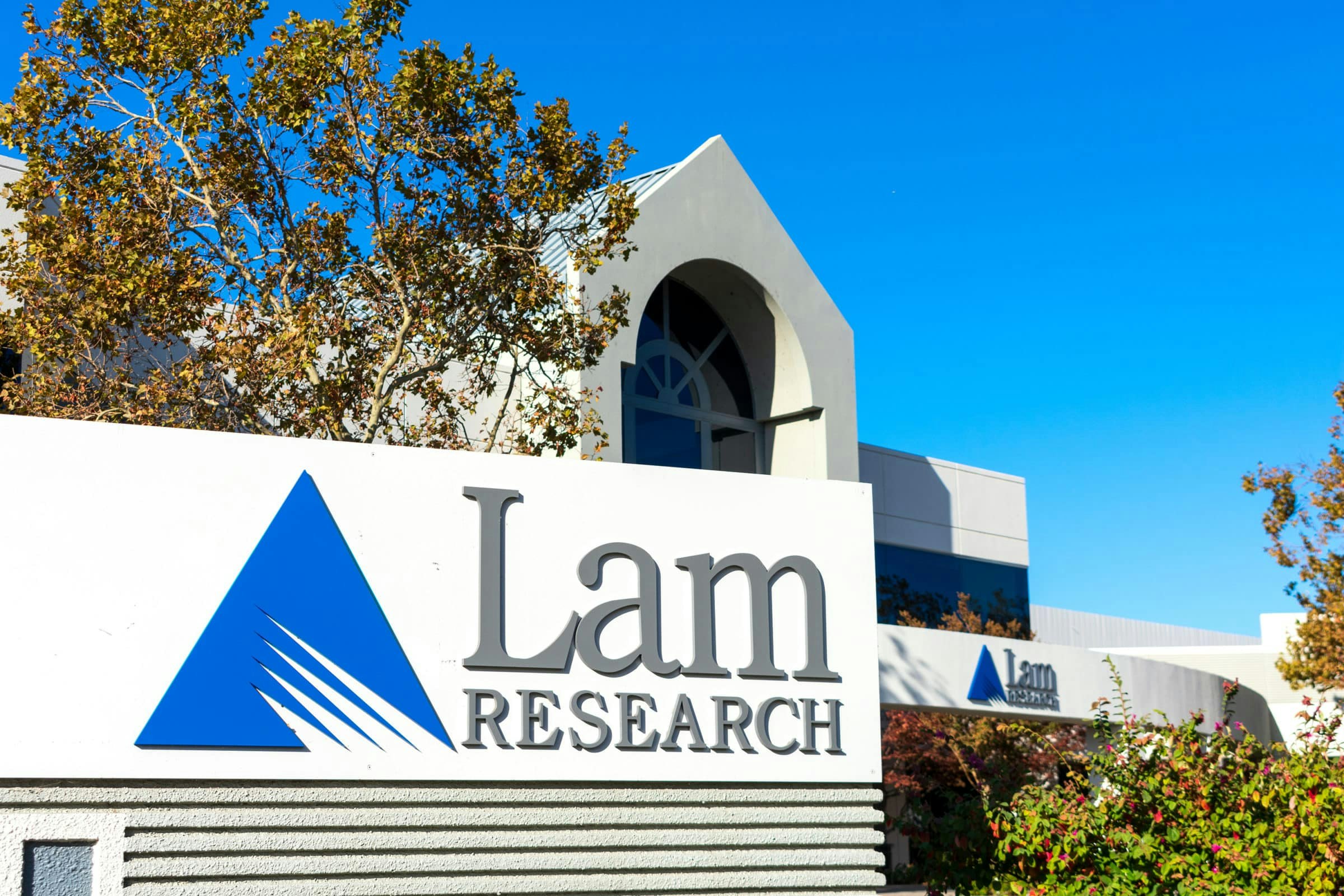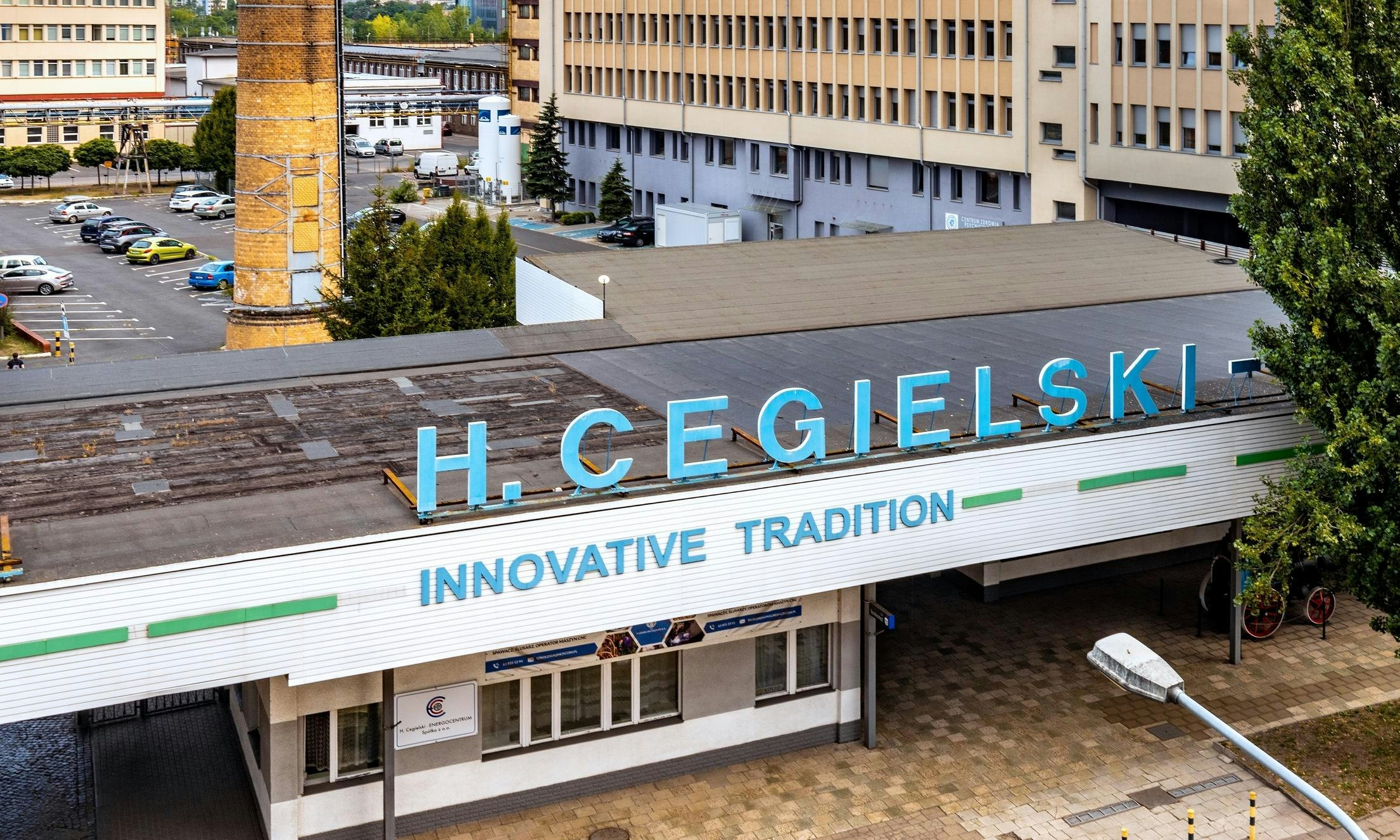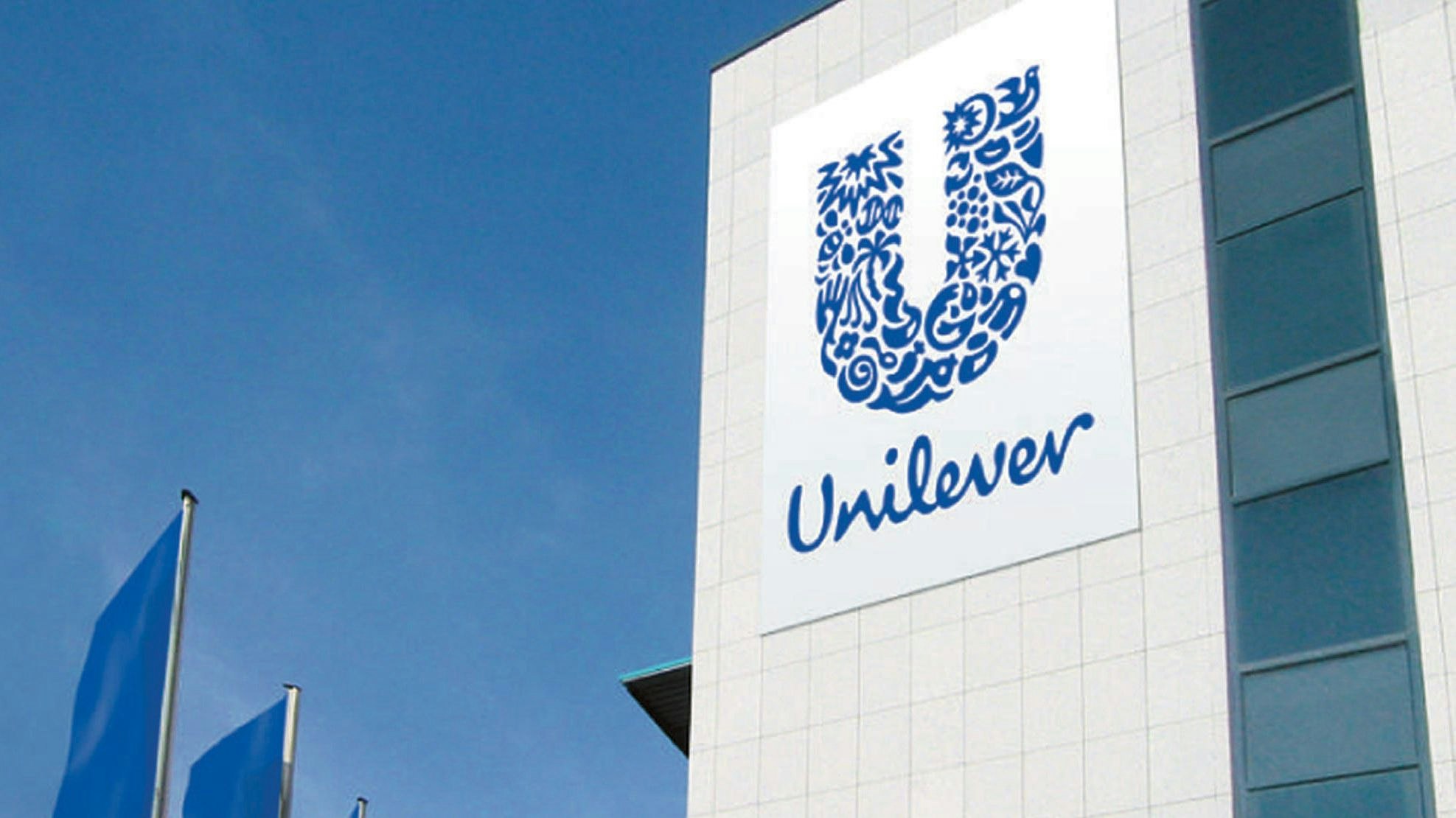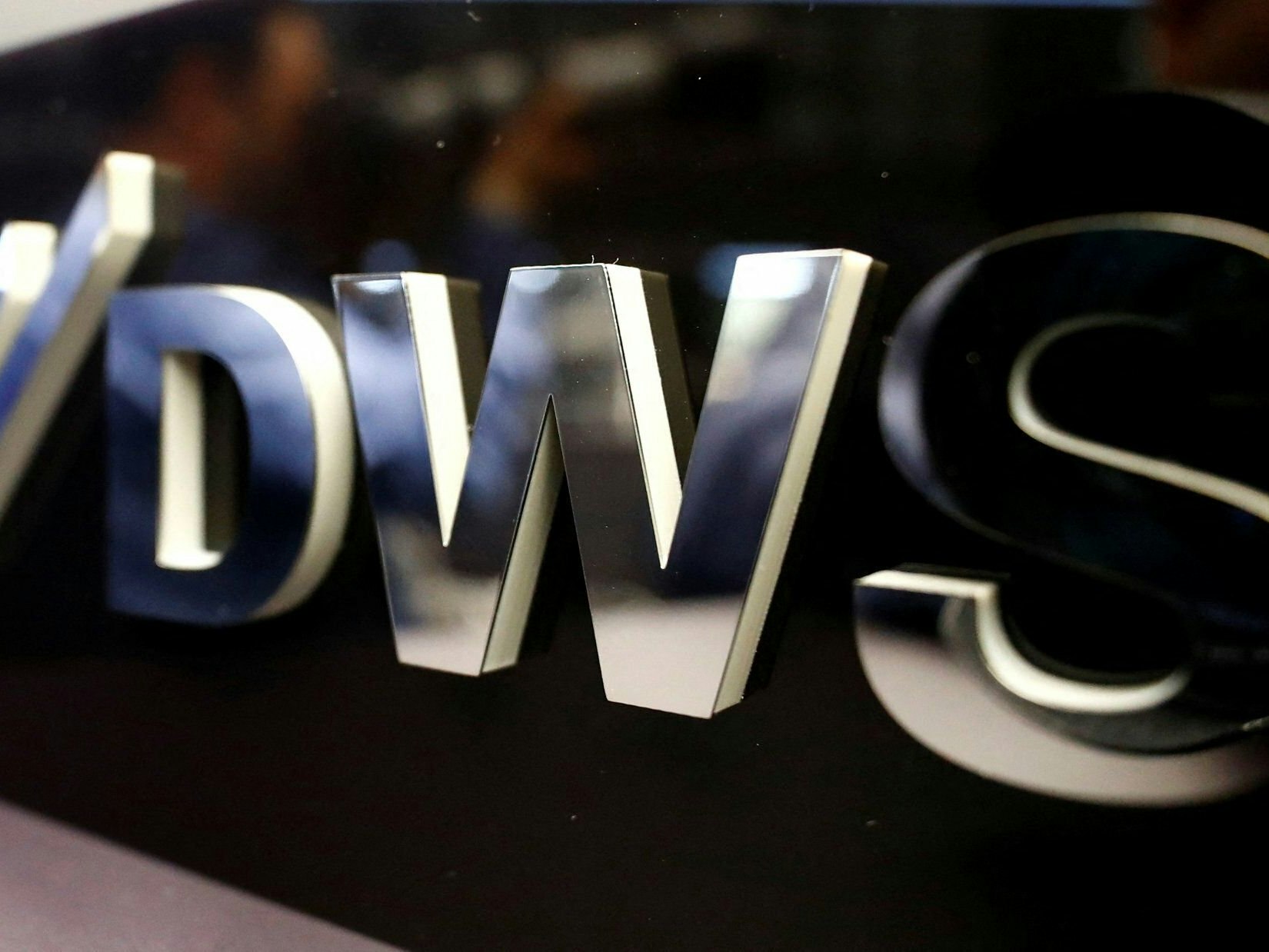Technology
Partnership with a Future: Volkswagen and Rivian Combine German Engineering with Californian Tech Expertise
Volkswagen strengthens its digital future with a multi-billion investment in Rivian, which is intended to accelerate its technology offensive.

Volkswagen has established a far-reaching partnership with the US startup Rivian, which is intended to provide the world's second-largest car manufacturer with much-needed technologies and Rivian with capital. VW is investing up to $5.8 billion in Rivian and a joint company aimed at combining technological expertise. The goal is to create a technological foundation for future VW passenger cars in order to offer digitally leading vehicles by 2027.
Initially, a team of VW engineers tested a modified Audi electric vehicle with Rivian technology in Palo Alto. They found a car whose digital control—from air conditioning to rear axle steering—could be updated via laptop. A result that VW delivered in a short time and with impressive efficiency. Michael Steiner, VW's head of research, praised the effort: "This is truly great.
As part of the partnership, VW can now access Rivian's billion-dollar invested technology, while Rivian, which had to endure losses of $39,000 per vehicle sold in the third quarter, receives urgently needed capital. The Rivian platform promises to be cost-efficient in the long term if produced on a large scale.
Despite billion-dollar investments in its own software unit Cariad – most recently 900 million euros in the last quarter alone – VW has consistently lagged behind competitors like Tesla and Nio in software. The cooperation with Rivian could change this and relieve Cariad. Rivian's software team is led by Wassym Bensaid, while Carsten Helbing, VW's Chief Technology Officer, will take over operational management.
VW CEO Oliver Blume described the partnership as a "perfect complement" and emphasized the urgency of catching up in the digital space. He noted that the digital integration of hardware and software is often a hurdle that proves to be more challenging for traditional automakers than the transition to electric mobility. As a result, more traditional car manufacturers across the industry are collaborating with dynamic start-ups to establish themselves in the increasingly competitive EV sector.


